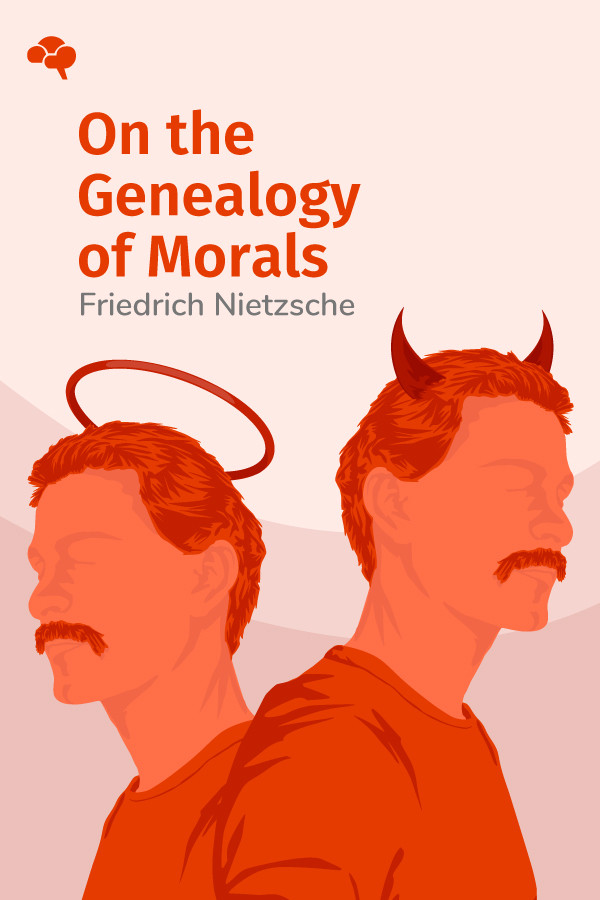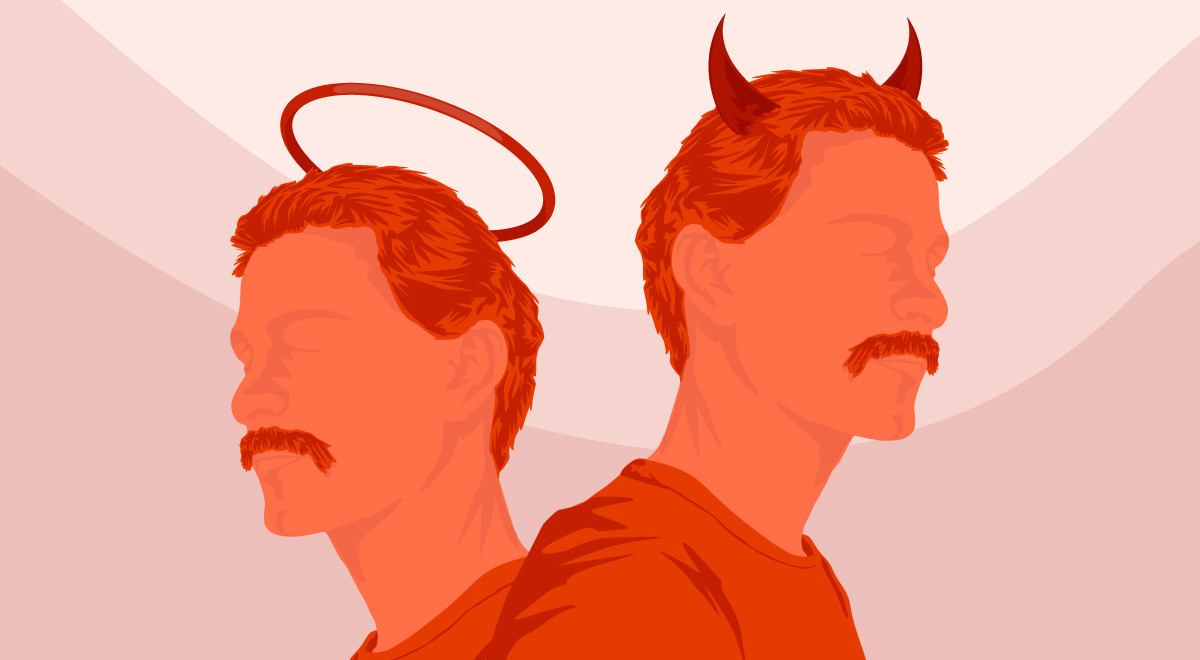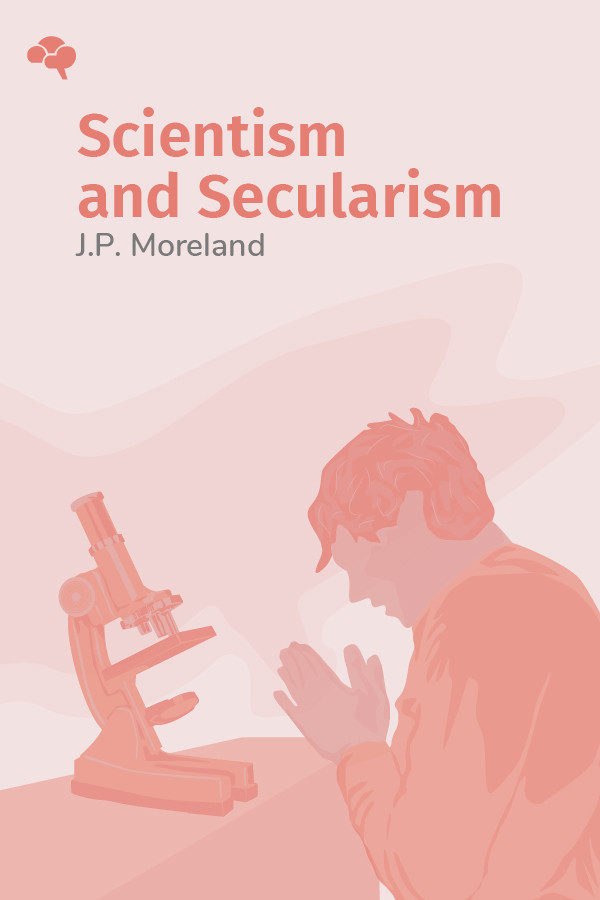

What You'll Learn:
Nietzsche looks at society’s assumptions about good, bad, and evil, and asserts that our morality is ill and life-rejecting: more anemic than authentic, passive rather than active, slavish rather than heroic, hand-wringing and indecisive. He argues that it is time to examine the origins of morality and rediscover a morality that is made of sterner stuff. Ultimately, his evaluation of values is less about rejecting one system or advocating another than it is about pointing out that morality and culture are human constructions—not universal truths.
Key Insights:
- Pity is a problem, a symptom of a much deeper disease.
- The words “good” and “bad” originally had no moral component.
- A slave morality has supplanted master morality for about two millennia.
- Pain is far and away the most powerful mnemonic device.
- Our equivalency impulse is as ancient as the debtor-creditor relationship.
- Asceticism is for the weak, a pretext for hiding.




